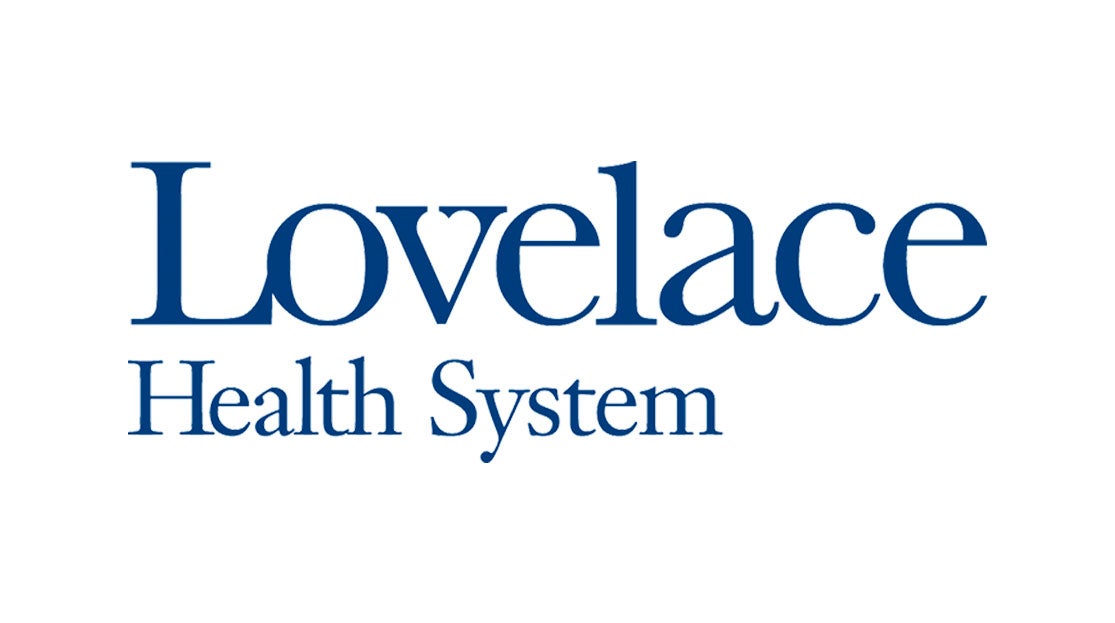
Each year, nearly three-quarters of a million Americans suffer a heart attack and for the majority, it is a first-time heart attack. Knowing what you will face after surviving a heart attack brings anxiety, confusion and growing list of questions. How will your life change? Will you be able to go back to work? Do you have to completely change the way you eat? While each situation is different, here is a guideline for what to expect to help you talk to your health care provider about what is best for you in your recovery after a heart attack.
Returning to work
Most people are able to return to work two weeks to three months after having a heart attack. However, the physical requirements of your job, along with stress level, travel requirements, and other factors should be discussed with your health care provider to make sure you are returning to a supportive environment for your recovery. Heart patients must make sure they rest before getting too tired, whether at work or home.
Changing Diet
A heart-healthy diet is critical to help prevent a secondary heart event. A diet emphasizing whole grains, fruits, vegetables, healthful fats, and high calcium can help support recovery by improving blood pressure, cholesterol and triglyceride levels. Additionally, cutting the salt by draining and rinsing canned vegetables and beans, avoiding fried and fast foods and limiting processed meats and foods will help reduce blood pressure and inflammation as well.
Feelings of Anxiety and Depression
It is common for heart patients to experience a variety of emotions up to six months after suffering a heart attack. Allow yourself to grieve this major event, but do not isolate yourself. Stay connected with family and friends. Talk to a counselor about the emotions you are feeling to understand how to effectively handle the emotional aspect of recovery. If feelings of anxiety or depression begin to interfere with your sleep, eating or feelings about yourself of if you begin to have thoughts of suicide, talk to your health care provider immediately.
Chest Pain
Depending on the procedure performed, you may experience soreness in your chest, especially when coughing or laughing. Most heart patients will experience light pain or pressure in their chest, especially after exertion, but this should go away quickly. If you experience any chest pain, contact your health care provider.
Is Exercise Okay?
Physical activity is very beneficial for heart health. However, heart patients should be carefully monitored under the guidance of health care providers through cardiac rehab following a heart attack or heart procedure. Talk to your health care provider about a program close to your home. Cardiac rehab can help reduce your chance of a repeat cardiovascular event, as well as improve longevity and overall quality of life. Cardiac rehab programs also include comprehensive education on the type of procedure you had, what medications you are taking, as well as diet and nutrition.
Family and Friends
Just like heart patients, family and friends experience a range of emotions as well. Some may feel guilty, while others may feel resentful or frightened. Communicate your emotions to your friends and family and let them know it is okay to be unsure of their emotions. Do not bottle up emotions, which lead to added stress and anxiety.
Medications
You may be wondering if you will always take medication following a heart attack. Having a heart attack means you have heart disease and will need to address that for the rest of your life. It is likely you will take medication to treat coronary artery disease (CAD). Talk with your health care provider about what medications you are taking and how they may interact with other medications or food.




